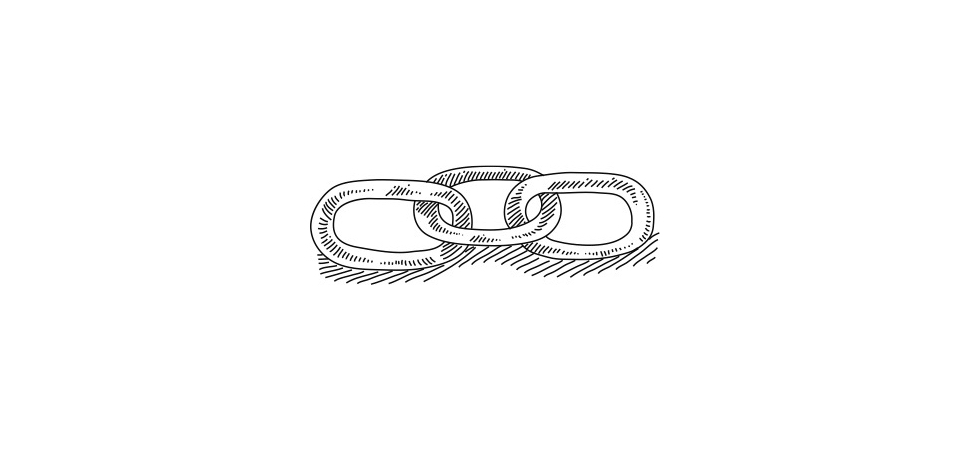Cecilia Muñoz and Alex Loehr talk about relying on your team, finding moments to unwind, balancing (or not balancing) priorities, and building healthier habits for dealing with stress.
Cecilia Muñoz is Vice President for Public Interest Technology and Local Initiatives at New America, which she joined 2017 after eight years on President Obama’s senior staff.
As I contemplated taking a senior-level job in the Obama Administration, the best advice I got was this: prepare to jettison everything else in my life. Worried about the effects on my family of working in a famously stressful workplace, I consulted a West Wing veteran who advised that I could pick one thing in my life besides work. So if family was it, then everything else—concerts, movies, gatherings with friends—had to go. That turned out to be largely true.
I survived eight years in an environment where people typically last for two. It was the honor of a lifetime, but it was also harder than anything I have ever done. The sheer velocity of the day, the number of challenging issues, the high stakes, and the long hours, took a physical and emotional toll. I learned that a job involving no activity other than sitting all day could still create enough bodily stress to require an army-trained physical therapist. I discovered that morning exercise and a healthy diet were essential to surviving the day. I reveled in family time, my one respite from constant work. And to my delight, I experienced what it means to build and be part of a team that endures challenging times together.
The team was the secret, and it is the thing I miss the most. In each of my two jobs in the Obama administration, I was surrounded by great people. Not only did we work together on hard things, we watched out for each other. We would meet periodically to ask each other, “what’s one thing we can help you do to make this survivable?” For one colleague, it was a little coaching on eating healthier. For another, it was the ability to get to the gym for a regular basketball game. We built it in. We covered for each other. We were deliberate about creating space to name the things we needed to reduce the stress just a little.
I wouldn’t trade those eight years for the world, but the habits of constant, stressful work are hard to break. More than two years after leaving the White House, I still have the feeling that I am unwinding, re-learning how do something besides work all the time. I find that the discipline of asking the question, “what’s one thing we can help you do to make this survivable?” has stayed with me. If you’re looking to find balance, it’s a pretty good place to start.
***
Alex Loehr was previously the Deputy CTO at Veterans Affairs.
I know I’m feeling burned out when I have emails in my inbox that I refuse to open. Seeing unread messages has always stressed me out, but when the idea of clicking the email to see what that person wrote becomes worse than having an unread message, I know I’m far from my best. I’ve learned I can most effectively rebound if I don’t fight this dread immediately. It’s OK to accept that I can’t respond right now and to move to something that I’m looking forward to and will motivate me, whether that’s directly work-related or not.
Three things that seem to work well for me are texting or emailing former coworkers who I know have been through similar days and experiences, writing a strategy paper or some other longer-term document (to get me out of the immediate issues I’m dealing with), and playing ice hockey. Whether it’s later that day or the next, after even a few hours and a good activity away, I’m always able to come back, remember why I’m doing this work in the first place, open up that email, and continue pushing forward.
